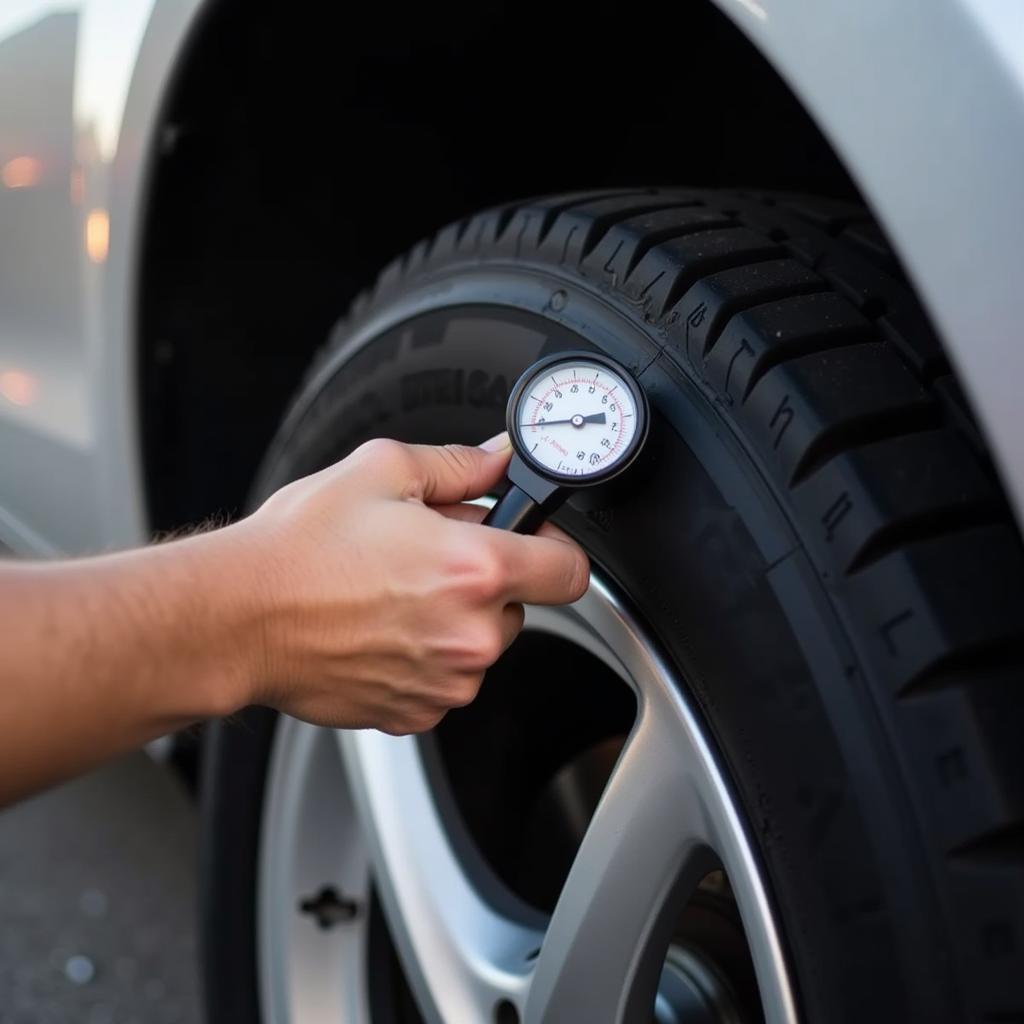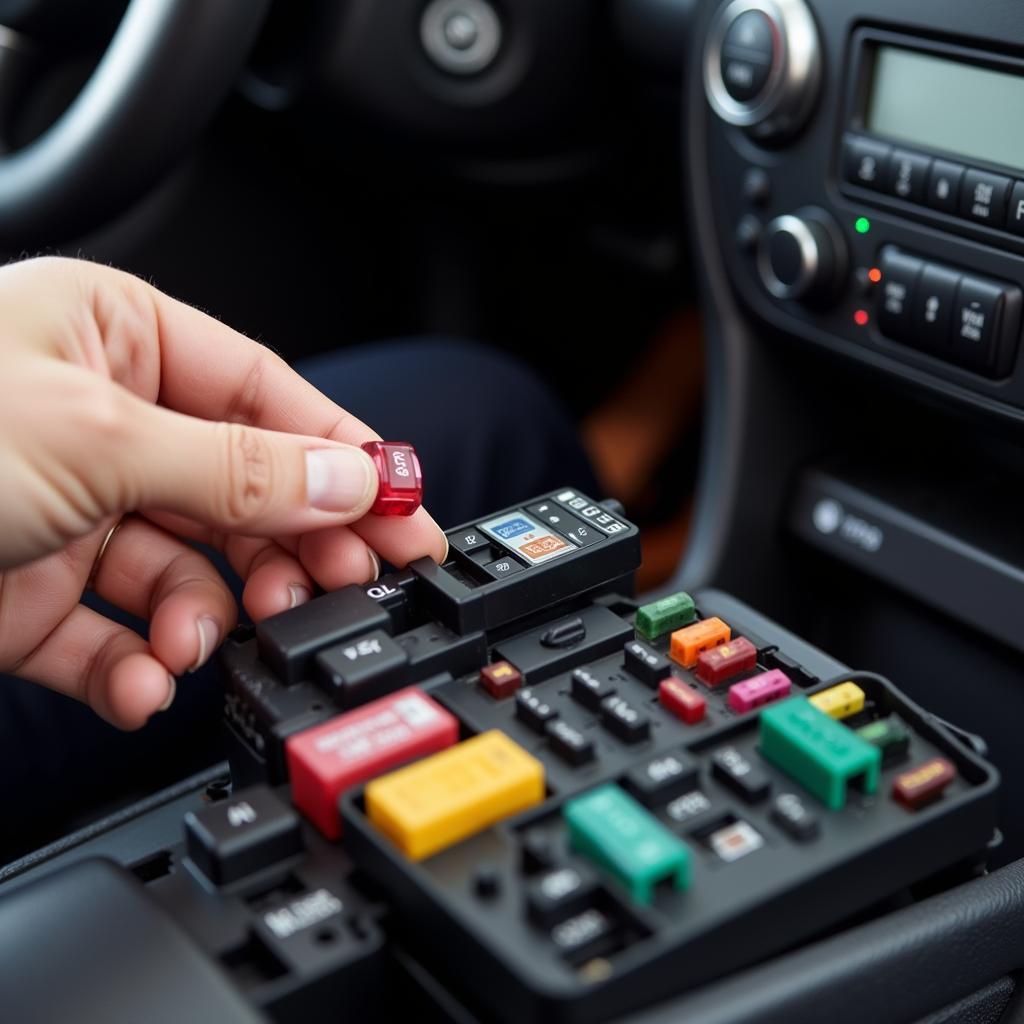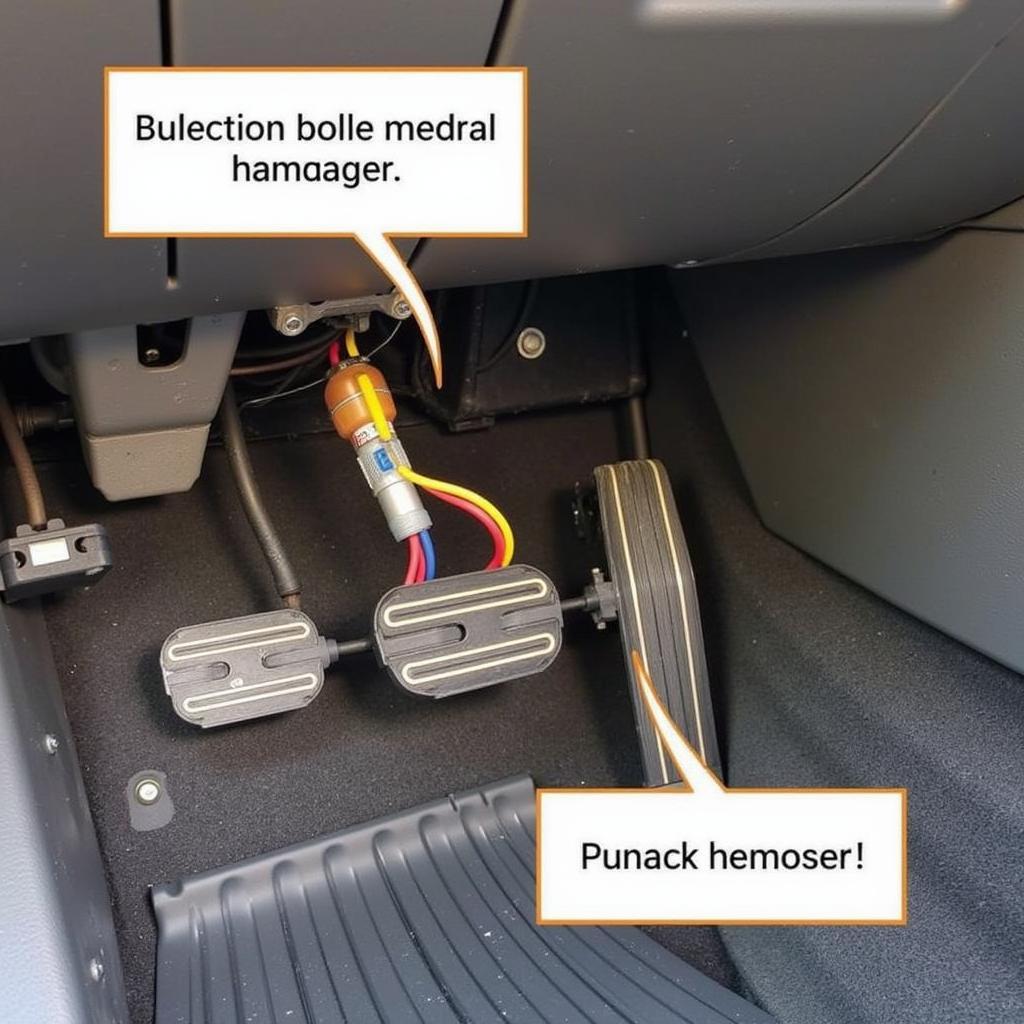Selling a problematic car can feel like a daunting task. Whether it’s persistent mechanical issues, electrical gremlins, or simply the lingering memory of past breakdowns, getting rid of a troublesome vehicle requires a strategic approach. This guide will provide expert advice on how to sell that car that’s been giving you headaches, covering everything from assessing the car’s value to navigating legal considerations.
Understanding Your Car’s Issues and Value
Before putting your car on the market, it’s crucial to understand the extent of its problems and how they impact its value. A thorough assessment will help you set a realistic price and prepare for potential buyer questions.
Identifying the Problems
Start by creating a detailed list of all the known issues. This includes mechanical problems, electrical faults, body damage, and any other defects. Be as specific as possible. For example, instead of writing “engine trouble,” note down “intermittent misfire in cylinder 3.”
Getting a Professional Inspection
While a self-assessment is a good starting point, a professional inspection is highly recommended. A mechanic can provide a comprehensive evaluation, identifying hidden problems and verifying the severity of existing ones. This report can also serve as valuable documentation when negotiating with potential buyers.
 Pre-Sale Car Inspection
Pre-Sale Car Inspection
Determining the Car’s Value
Once you have a clear picture of the car’s condition, you can research its market value. Online resources like Kelley Blue Book (KBB) and Edmunds can provide estimates based on the car’s make, model, year, mileage, and condition. Remember to adjust the value downwards to account for the existing problems. Be prepared to negotiate further based on buyer offers.
Preparing Your Car for Sale
Even with its problems, preparing your car for sale can significantly increase its appeal and potentially fetch a better price.
Essential Repairs
While you may not want to invest heavily in a car you’re selling, addressing some minor issues can make a big difference. Fixing cosmetic damage, such as scratches and dents, can improve the car’s appearance. Addressing minor mechanical issues, like a faulty turn signal, can demonstrate your transparency and build buyer trust.
Thorough Cleaning
A clean car is always more attractive to potential buyers. Wash the exterior, detail the interior, and remove any personal belongings. A clean car shows you’ve taken care of it, even with its problems, and creates a positive first impression.
Selling Your Car
Choosing the right selling strategy depends on your circumstances and the severity of the car’s problems.
Private Sale vs. Trade-In
Selling privately can potentially yield a higher price, but requires more effort. You’ll need to handle advertising, showing the car, and negotiating with buyers. Trading in your car to a dealership is quicker and easier, but you’ll likely receive a lower price. This might be the best option if the car has significant issues.
Disclosing the Problems
Regardless of your chosen selling method, full disclosure is crucial. Be upfront about all the car’s problems. Provide documentation from the mechanic’s inspection and any repair receipts. This transparency builds trust and avoids potential legal issues down the line.
Negotiating the Price
Be prepared to negotiate with potential buyers. Having a clear idea of your bottom line and being flexible can help you reach a mutually agreeable price. Remember, the buyer is taking on a car with known problems, so they will likely expect a lower price.
“Honesty is the best policy when selling a car with problems. A full disclosure can save you from future headaches,” says John Miller, Automotive Technician at Autotippro.
Legal Considerations
Selling a car, especially one with problems, involves certain legal responsibilities.
“As Is” Sale
Selling a car “as is” means the buyer accepts the car in its current condition, with all its faults. However, this doesn’t absolve you from the responsibility of disclosing known problems. Misrepresenting the car’s condition can still lead to legal repercussions.
Required Documentation
Ensure you have all the necessary documentation, including the title, bill of sale, and any relevant maintenance records. Check your state’s specific requirements for selling a used car.
Conclusion
Selling a car that gave her problems requires careful planning and execution. By understanding your car’s issues, preparing it for sale, choosing the right selling strategy, and being transparent about its problems, you can sell that car successfully and move on to a more reliable ride. For personalized assistance and expert advice, contact Autotippro at +1 (641) 206-8880 or visit our office at 500 N St Mary’s St, San Antonio, TX 78205, United States. We’re here to help you navigate the process and get the best possible outcome.
“A well-documented history of the car’s problems can actually be a selling point, showing potential buyers you’ve been proactive in addressing them,” says Sarah Johnson, Senior Mechanic at AutoTipPro. “Don’t try to hide anything; transparency builds trust.”
FAQ
- What if the buyer discovers a problem I wasn’t aware of?
- Can I sell a car with a salvaged title?
- Do I need to get a pre-sale inspection?
- How do I determine a fair price for a car with problems?
- What are the legal implications of selling a car “as is”?
- What paperwork do I need to sell my car?
- What should I do if a buyer backs out after agreeing to purchase the car?







Leave a Reply